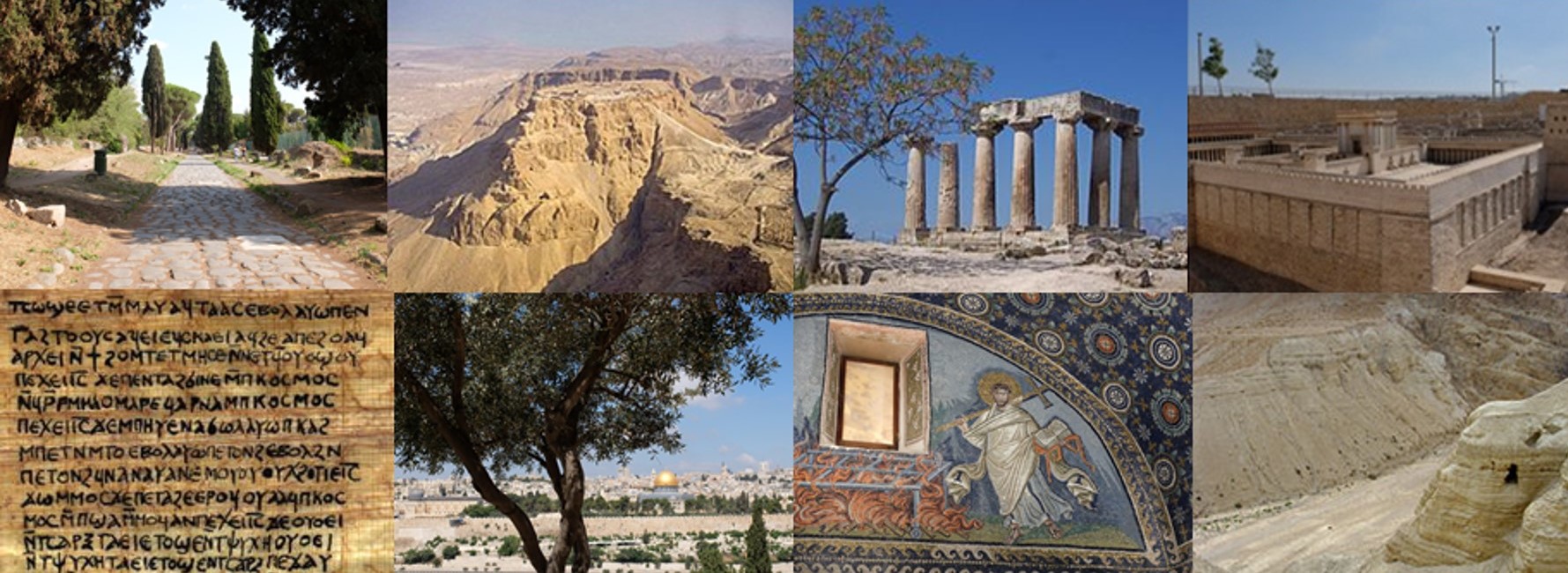Session 1: The Gospels and Theological Anthropology
Chair: Jamie Davies (Trinity College Bristol)
Christopher Porter, University of Divinity, ‘”Love One Another” – A socio-cognitive approach to the love command as perichoretic anthropology’
Approaches to theological anthropology via the Fourth Gospel have traditionally focused on belief as engaging the high Christological points of the λόγος-incarnation or the Father-Son relationship. However, the Fourth Gospel and Johannine Epistles also strongly emphasise broader relational aspects of belief. Therefore, this paper will explore the intersection between the horizontally relational aspects of the Fourth Gospel to see how they inform our theological anthropology. In order to dance between the extremes of Barth’s “I and Thou” formulation (CD III.1) and Barr’s stinging assessment of this exegesis as “ill-judged and irresponsible” (1994), this paper will read the Fourth Gospel with Zizioulas’s Being as Communion and Communion and Otherness in conversation with socio-cognitive approaches to group identity (Tajfel, Turner, Reicher, Halsam, etc). From this perspective we will examine the love commands—and related μένω discourse—in the upper room (John 14-16) as an entry to considering socio-anthropological perichoretic dynamics and their related psychological underpinnings.
Session 2: Review panel of David Ford, The Gospel of John: A Theological Commentary (Baker Academic, 2021)
This is a joint session with the Johannine Literature Seminar
Panellists: Richard Bauckham, Andrew Lincoln, and Catrin Williams
Session 3: Paul and Theological Anthropology
Chair: Erin Heim (Wycliffe Hall)
Drew Everhart, University of St Andrews, ‘Word, Spirit, and Flesh: the Implications of Pauline Spirit-Christology for Theological Anthropology’
Few biblical authors develop the relationship between Christ and the Holy Spirit as thoroughly as Paul. In fact, it is Paul’s writings on the Spirit that have primarily inspired the doctrine of Spirit-Christology. Spirit-Christology, simply put, is an approach to understanding the person and work of Christ through the prominent and indispensable lens of the person and work of the Spirit. While the implications of this doctrine are far reaching, one relatively unexplored avenue is the doctrine of humanity. This paper therefore begins with an exegetical analysis of Pauline Spirit-Christology. In this analysis, I argue that, for Paul, the Spirit unites persons in communion. This includes both the union of the believer and Christ and the union between members of Christ’s body. This unitive work of the Spirit, I argue, tells us something about the nature of humanity. The human creature is created for the kind of communion that the Spirit brings. This communion constitutes persons, determining who and what we are in relation to other persons, both divine and human.
Ben Leighton, Trinity College Bristol, ‘Emma Wasserman on Anthropology, Plato, and Sin in Romans 6-8’
In light of apocalyptic readings of Paul and the philosophical-centric interpretations of scholars such as Stanley Stowers and Troels Engberg-Pedersen, Emma Wasserman proposes a reading of Romans 7 which places it in dialogue with Middle-Platonic thought. Focusing on Plato’s anthropological conception of the self, in addition to tracing subsequent depictions made by Middle-Platonic thinkers, Wasserman proposes a lens by which she claims to illuminate the disputed text. Accordingly, Wasserman offers an identification of the Pauline ‘I’ and suggests an explanation for the agential role given to sin, further extending this into Romans 6 and 8. Whilst Wasserman offers a helpful challenge to apocalyptic readings of Romans 6-8, her position is not without criticism. Wasserman’s anthropology, as located in Middle-Platonism, will be evaluated, and particular attention given to her anthropological conclusions. A question of Wasserman’s linguistic convictions and the role of πνεύμα will be raised which, accompanied by a reconsideration of Graeco-Roman mythological and philosophical claims, will allow for an exploration of ways by which Wasserman’s thesis can be integrated with the apocalyptic Paul.

